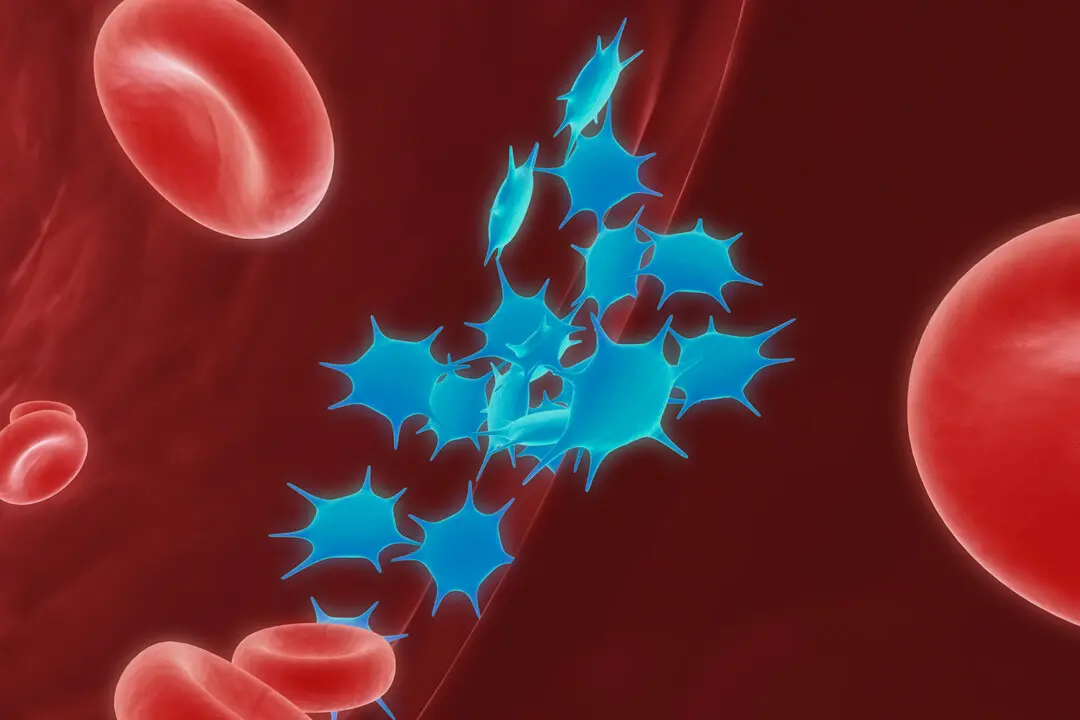Researchers from the UK’s University of Oxford have identified a gene they say is involved in chronic pain levels in humans.
The gene, NCX3, regulates pain sensitization by amplifying pain signals within the spinal cord, researchers said in a statement.






